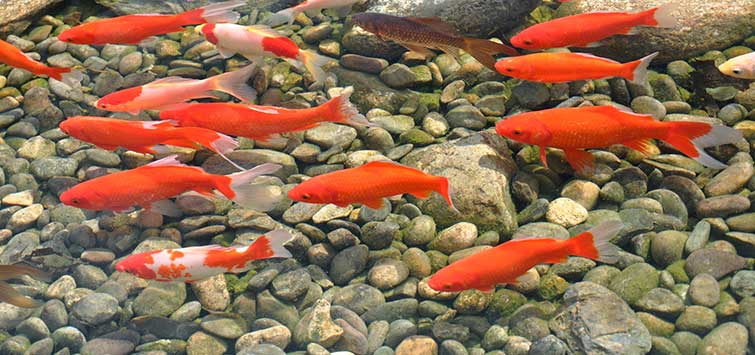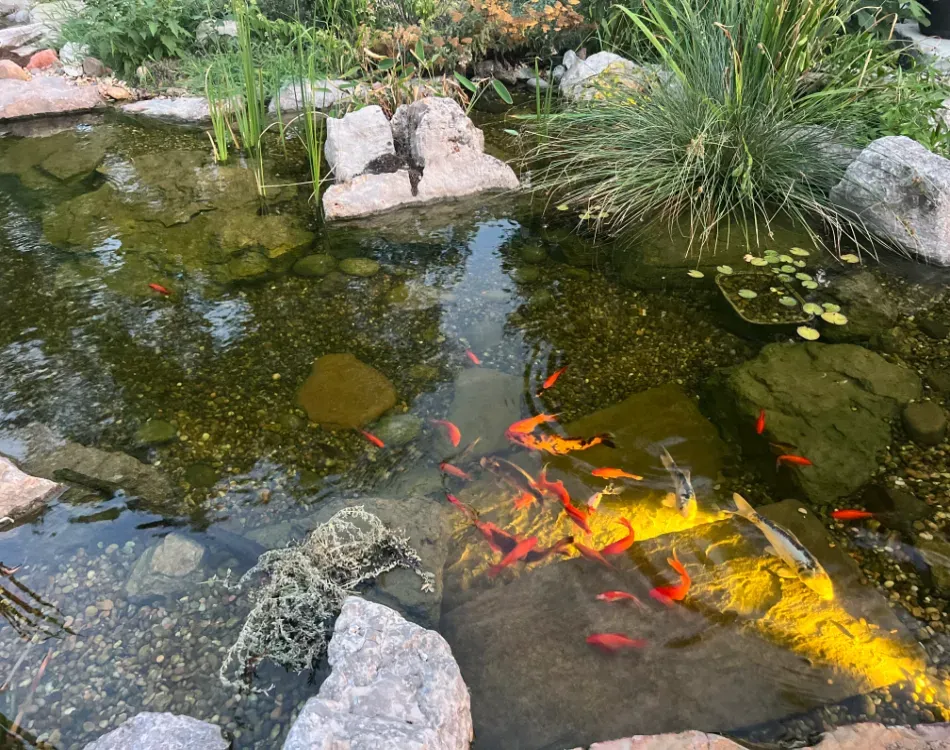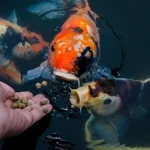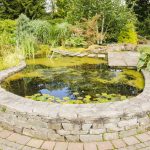Goldfish are a popular choice for aquariums and ponds due to their vibrant colors and ease of care. Many people wonder if goldfish can survive in a pond, and the answer is a resounding yes! Goldfish are well-suited to life in a pond, and they can thrive in this environment when given the proper care and conditions.
Benefits of Keeping Goldfish in a Pond
Keeping goldfish in a pond offers numerous benefits for both the fish and the pond ecosystem. Here are some of the key advantages:
- Natural Environment: Ponds provide a natural habitat for goldfish, allowing them to exhibit natural behaviors and thrive in a more spacious environment compared to a typical aquarium.
- Improved Water Quality: Ponds can offer a larger volume of water compared to most aquariums, which can lead to more stable water conditions and improved overall water quality for the goldfish.
- Enhanced Aesthetic Appeal: Goldfish can add beauty and color to a pond, creating an attractive focal point for any outdoor space.
- Low Maintenance: Ponds generally require less maintenance than indoor aquariums, making them an appealing option for goldfish enthusiasts.
- Natural Food Sources: Ponds often contain natural food sources such as algae, insects, and small invertebrates, which can supplement the goldfish’s diet and promote natural foraging behaviors.
Creating the Ideal Pond Environment for Goldfish
While goldfish can thrive in a pond, it’s essential to create an environment that meets their specific needs. Here are some key factors to consider when setting up a pond for goldfish:
- Size: A larger pond is generally better for goldfish, as it provides more space for the fish to swim and explore. Aim for a pond that is at least 100 gallons in capacity to accommodate the needs of goldfish.
- Water Quality: Maintain good water quality by incorporating a filtration system and performing regular water testing. Adequate aeration and circulation are also essential for keeping pond water clean and oxygenated.
- Plants: Incorporating aquatic plants such as water lilies, water hyacinths, and submerged plants can offer shelter, oxygenation, and natural filtration for the pond, benefiting both the goldfish and the overall ecosystem.
- Shelter and Hiding Spots: Provide hiding spots such as rocks, driftwood, and aquatic structures to offer security for the goldfish and encourage natural behaviors.
- Feeding: While goldfish can forage for natural food sources in the pond, supplement their diet with high-quality fish food to ensure they receive essential nutrients.
Caring for Goldfish in a Pond
Once goldfish are introduced to a pond, ongoing care is essential to ensure their health and well-being. Here are some key aspects of caring for goldfish in a pond:
- Monitoring Water Parameters: Regularly test the pond water for parameters such as ammonia, nitrites, nitrates, and pH to ensure optimal water quality for the goldfish.
- Feeding Schedule: Establish a consistent feeding schedule and monitor the goldfish’s appetite and behavior to ensure they are eating properly.
- Seasonal Considerations: During the colder months, it’s important to monitor pond temperature and provide appropriate measures to prevent the water from freezing completely, which could be detrimental to the goldfish.
- Health Checks: Periodically observe the goldfish for signs of illness, injury, or abnormal behavior, and address any issues promptly to prevent potential health problems.
- Protection from Predators: Depending on the local wildlife, it may be necessary to take measures to protect the goldfish from potential predators such as birds, raccoons, or larger fish.
Common Misconceptions About Goldfish in Ponds
There are several misconceptions surrounding the topic of keeping goldfish in ponds. It’s essential to address these misconceptions to ensure the well-being of the fish and promote responsible fishkeeping practices. Here are some common misconceptions:
- Goldfish Can Thrive in Any Pond: While goldfish are adaptable, not all ponds may provide suitable conditions for their long-term well-being. It’s important to consider factors such as pond size, water quality, and potential predators before introducing goldfish.
- Goldfish Can Survive on Natural Food Alone: While goldfish can forage for natural food sources in a pond, it’s important to supplement their diet with high-quality fish food to ensure they receive essential nutrients.
- Goldfish Will Always Overpopulate a Pond: With proper management and responsible fishkeeping practices, goldfish populations in ponds can be controlled to prevent overpopulation issues.
- Goldfish Can Survive in Any Climate: Depending on the climate and local weather conditions, it may be necessary to take measures to protect goldfish from extreme temperatures, especially during the winter months.

Credit: www.tfhmagazine.com

Credit: www.quora.com
Conclusion
In conclusion, goldfish can indeed survive and thrive in a pond when provided with the appropriate environment and care. By understanding the specific needs of goldfish and taking proactive measures to maintain a healthy pond ecosystem, fish enthusiasts can create a beautiful and sustainable habitat for these beloved aquatic pets. With the right approach, keeping goldfish in a pond can be a rewarding and enjoyable experience for both the fish and their caretakers.
For more information on creating and maintaining a pond for goldfish, be sure to consult with knowledgeable fishkeeping experts and reputable resources to ensure the best possible outcome for your goldfish and pond ecosystem.





